South Africa’s online dating scene is shifting in 2026 as users move away from endless swiping toward niche apps focused on values, safety, and real connection.
2015 retrospective: was it one of the best years in gaming?
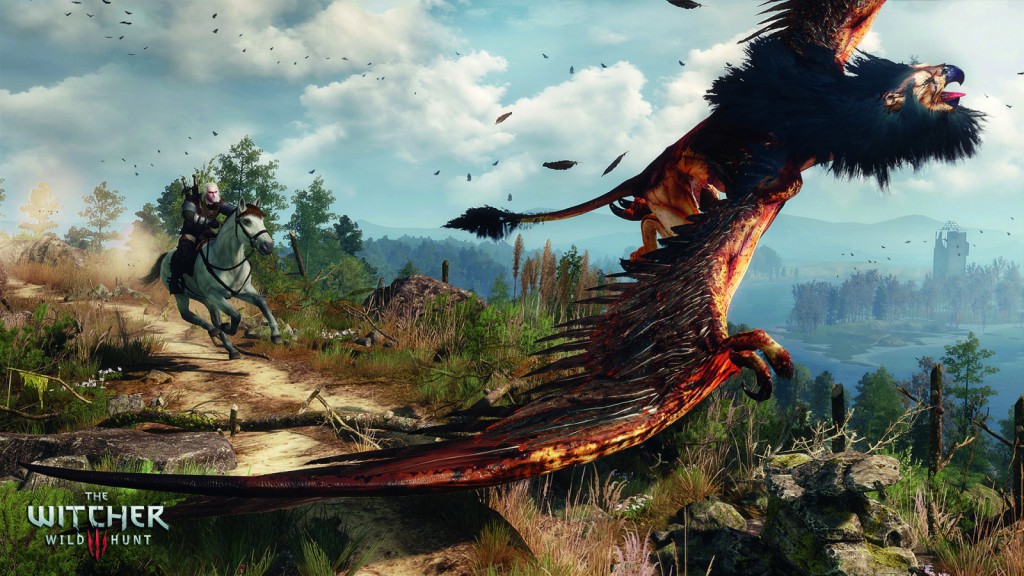
This past year was either fantastic or utterly terrible depending on your personal preferences, but for those interested in single player games, innovative indie titles and tons of remasters, 2015 was the year for you.
It saw an abundance of episodic releases, a fair share of controversy and even GTA fans got what they’d been screaming for: a PC release. 2015 was also of course the year of the tragic passing of long-time Nintendo president Satoru Iwata at the age of 55.
This is the past year in retrospective, both the good and the bad.
Nostalgia
2015 saw the release of remasters of Grim Fandango (review), Devil May Cry 4 and Dishonored, just to name a few. Regardless of whether or not you consider remasters to be a waste of time, at least you can now play these games on current systems. This allows through who might’ve missed these games a chance to play them on current hardware in, well, not necessarily “glorious HD” as has been proclaimed on retail boxes of remasters, but refreshed graphics.
Remasters were not the only cause of nostalgia in 2015, with remakes also taking centre stage. The new Resident Evil HD Remastered was a remake of the original game, and remasters such as Homeworld Remastered went above and beyond regular remasters to produce something that was more akin to a remake. If you’re not sure of the difference between a remaster and a remake, check out this article.
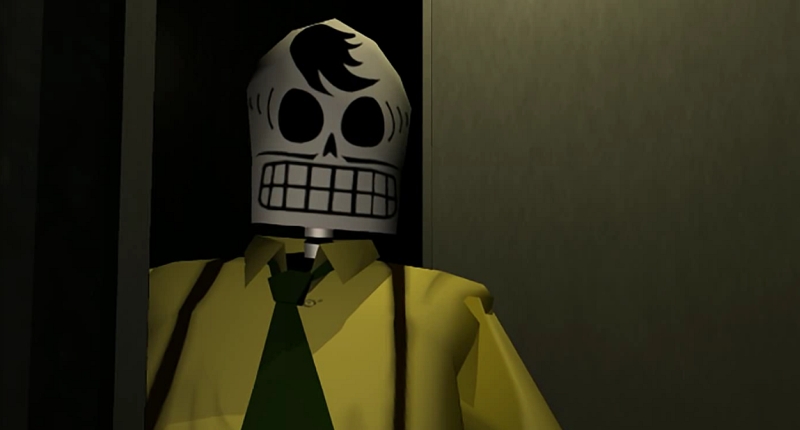
Let us not forget the smash hit that was Microsoft‘s Rare Replay bundle, a collection of classic Rare games from before the company started making Kinect games and promptly fell from grace. Microsoft also made nostalgia news during E3 2015 by announcing backwards compatibility for Xbox One. Mind you, it’s not real backwards compatibility (as in being able to pop any of your old Xbox 360 discs in and having them work on the newer hardware), but instead it will allow specific games, dictated by Microsoft, to be playable on the system.
Hype
What would a year be without this expectation raising, reality crushing thing produced by marketing? Well 2015, with The Last Guardian announced again at E3 2015 and Fallout 4 (review) heavily marketed through cute animated shorts on YouTube and with beer, saw lots of hype built. Some of it paid off, but some titles fell at the pressure of living up to it all.

Evolve (review) was also released back in February (if anyone actually remembers). It came courtesy of Turtle Rock Studios, the company that gave the world Left 4 Dead, and this multiplayer only game in which four human characters chase around a big monster, has already fallen off into relative obscurity. The same thing happened with Titanfall, which was also a full priced, multiplayer only game that had a lot of hype built up around it and the craze for that also died off within a month.
Let us not forget The Order: 1886. This game was, for some reason I personally cannot understand, highly anticipated. It had a steampunk aesthetic with your ordinary steampunk-style guns, but it had men in Victorian attire fighting werewolves and apparently that was worthy of note. Regardless, the game released with no multiplayer and a campaign that lasted about five hours. It was not very well received by critics or by the average gaming audience, but at least it had good graphics. That was one thing that everyone could agree on even amid the overhyped release.
These games may have been met with anger from gamers and the gaming press but not all heavily hyped games were hit hard by the harsh reality of the world. Bloodborne wowed audiences (just like every From Software game since Demon’s Souls), GTA V‘s PC launch went off smoothly and Metal Gear Solid V: The Phantom Pain (review) was beloved (at least until people realised that the game wasn’t finished).
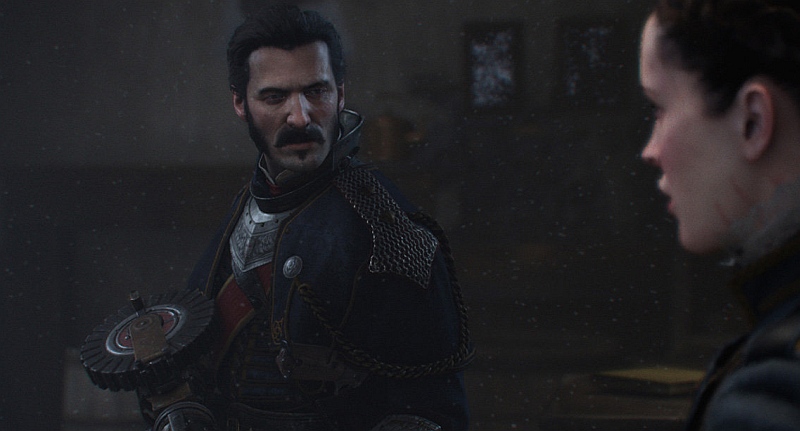
Arkham Knight was also released and… well that would be better suited to the next category.
Controversy
Batman: Arkham Knight, the third Batman game developed by Rocksteady Studios, was released and met critical acclaim on consoles. The PC port of the game did not fare anywhere nearly as well. The game was released in a buggy and nearly unplayable state for the majority of users. This was not helped by the fact that the game was highly anticipated thanks to the previous two games being so well regarded (most people ignore Arkham Origins of course).
Only a few weeks prior to the release of Arkham Knight, Steam finally allowed users to get refunds for games. Arkham Knight came at the perfect time. A time when many were questioning Steam’s decision to allow refunds, and after the Batman fiasco there were a lot less people complaining about the new refund policy. Thanks for taking the bullet on that one, Warner Bros.
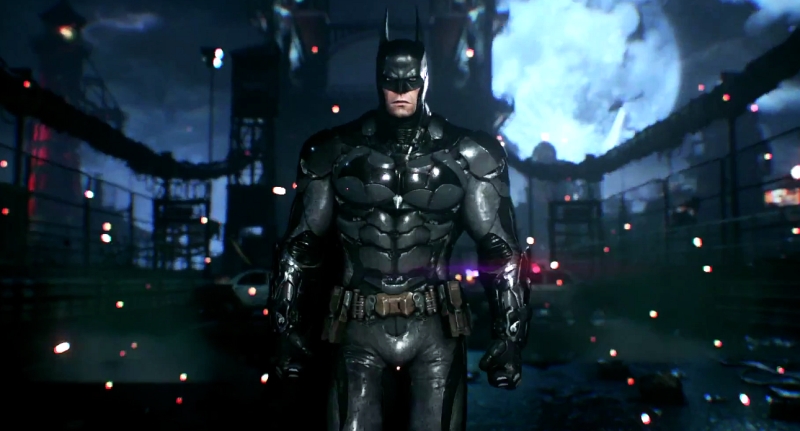
Arkham Knight helped to serve as yet another reason why pre-ordering is a bad idea, but then Square Enix unleashed Augment Your Pre-Order, a pre-order system designed to incentivise people to get their friends to pre-order the game as well as by creating a feeling of being left out. Certain in-game rewards would only be unlockable if enough people pre-ordered the game, and even if a potential customer were to pre-order the standard release of the game, they would never have been able to access all of the rewards unless they purchased an overpriced special edition. The video can still be found online and is worth watching if you ever think about going into game marketing, because this scheme received massive backlash and caused Square Enix to drop the idea entirely. People tend to get very angry when you try to wring money out of them.
Speaking of anger, and how anger can lead to hate, let’s look at Hatred. This game gained notoriety following its announcement thanks to it being specifically designed to produce controversy. For those that haven’t heard of the game, it is an isometric shooter with a black and white art style that sees the player taking the role of a psychopath that decides to go on a murder spree before committing suicide. The game received all the press it could ever need thanks to outraged games media, and upon release it was discovered that the game wasn’t very good at all.
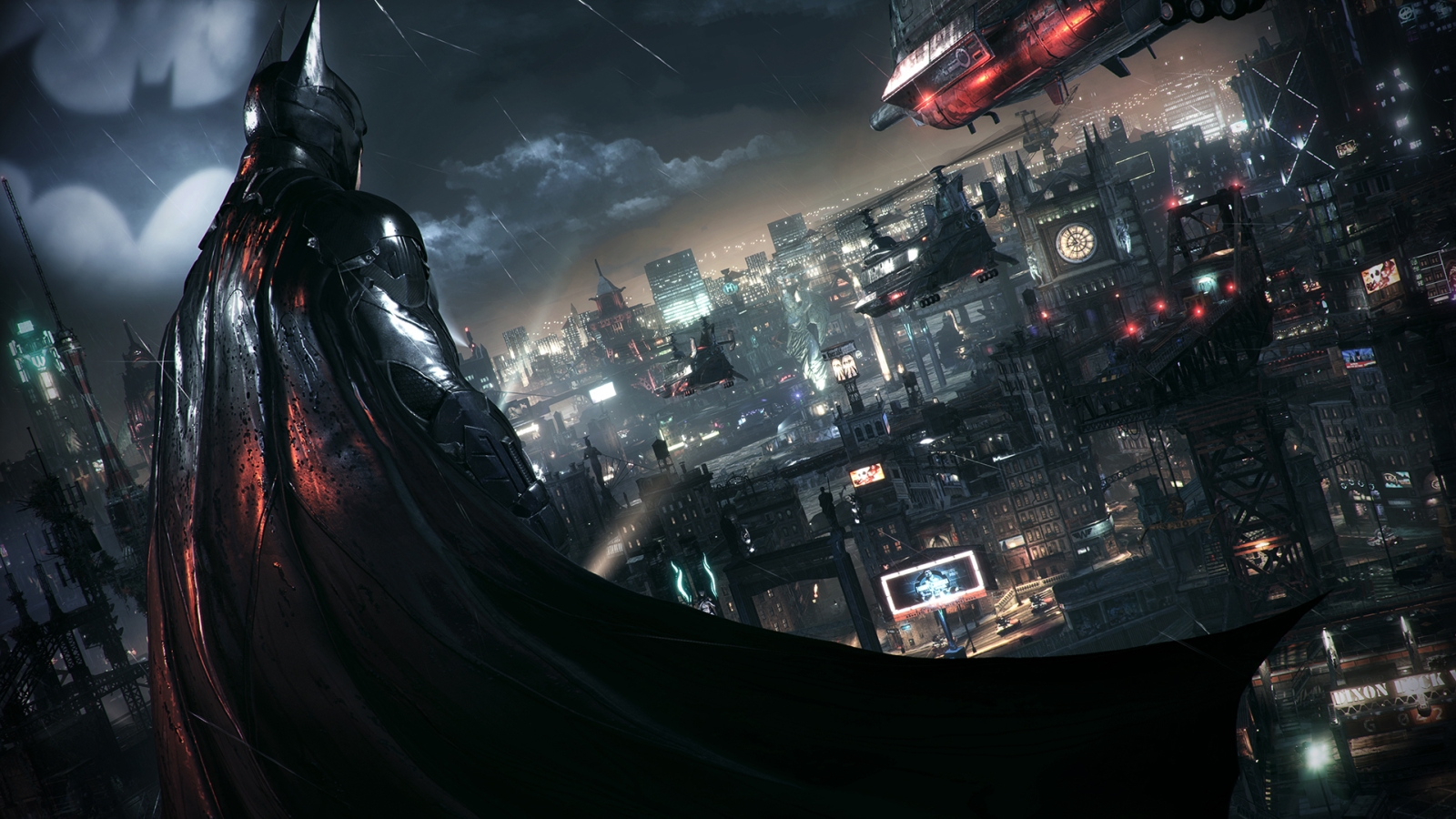
Hatred led to “civilised” online discussions concerning censorship of dark themes and the depiction of violence in video games. From videos I have seen, because I haven’t played it myself, the game looks nowhere near as dark or grotesque as games like Manhunt or Postal, but I suppose people need their controversy from somewhere.
I feel like I may be forgetting a gigantic subject of controversy…
Konami
This Japanese company deserves its own section in this retrospective. Konami was a source of constant controversy all year round. What started out as a small piece of controversy: removing Hideo Kojima‘s name from Metal Gear Solid V: The Phantom Pain despite him being the creative lead behind the game, wound up leading to Konami being viewed as the worst gaming company of the year. If not of all time.

Their list of controversies included the aforementioned removal of Kojima’s name from the game he created, to the firing of Kojima (as well as the many lies that were told concerning Kojima’s dismissal), the removal of PT from PlayStation Network (as well as the subsequent cancellation of Silent Hills, which was set to include the talents of Hideo Kojima, Guillermo del Toro and Junji Ito), the rebranding of Kojima Productions Los Angeles to Konami Los Angeles Studios, Metal Gear Solid V being released in an unfinished state, announcements of Metal Gear and Silent Hill pachinko machines (which are basically slot machines) and the icing on top of the cake which was Hideo Kojima being barred from receiving an award at The Game Awards under threat of legal action (which was met with boos from the audience).
Thankfully, it seems that Konami has decided to leave the triple-A gaming sphere and will instead, mostly, focus on casual and gambling games. The company that gave the world Metal Gear Solid, Castlevania and Silent Hill has finally fallen from grace and because of their seemingly blatant disregard for fans or respect for artists/art, they will not be missed. Farewell Konami.
AAA games

2015 was a good year for single player games with the hardcore Bloodborne in late March to the sprawling expanse of content that was The Witcher 3 and of course there was Metal Gear Solid V, but we’re not talking about them anymore.
There was innovation and refinement to be found in the triple-A industry in the action RPG genre with Fallout 4 launching near the end of the year (and despite not being the game many Fallout fans were hoping for, the game achieved critical and commercial success), Mad Max was critically divisive while being an open world sandbox success amongst players and then there’s Until Dawn.
It was one of the bigger surprises of the year for being an “interactive movie” with lots of replayability and being a horror game that hit all the right notes; it was a major success on YouTube and Twitch. Many critics expected very little of the game, mostly thanks to the AAA gaming industry’s present treatment of the horror genre as something that needs action to spice it up, and perhaps the game may result in big budgets being allotted to real horror games once again.
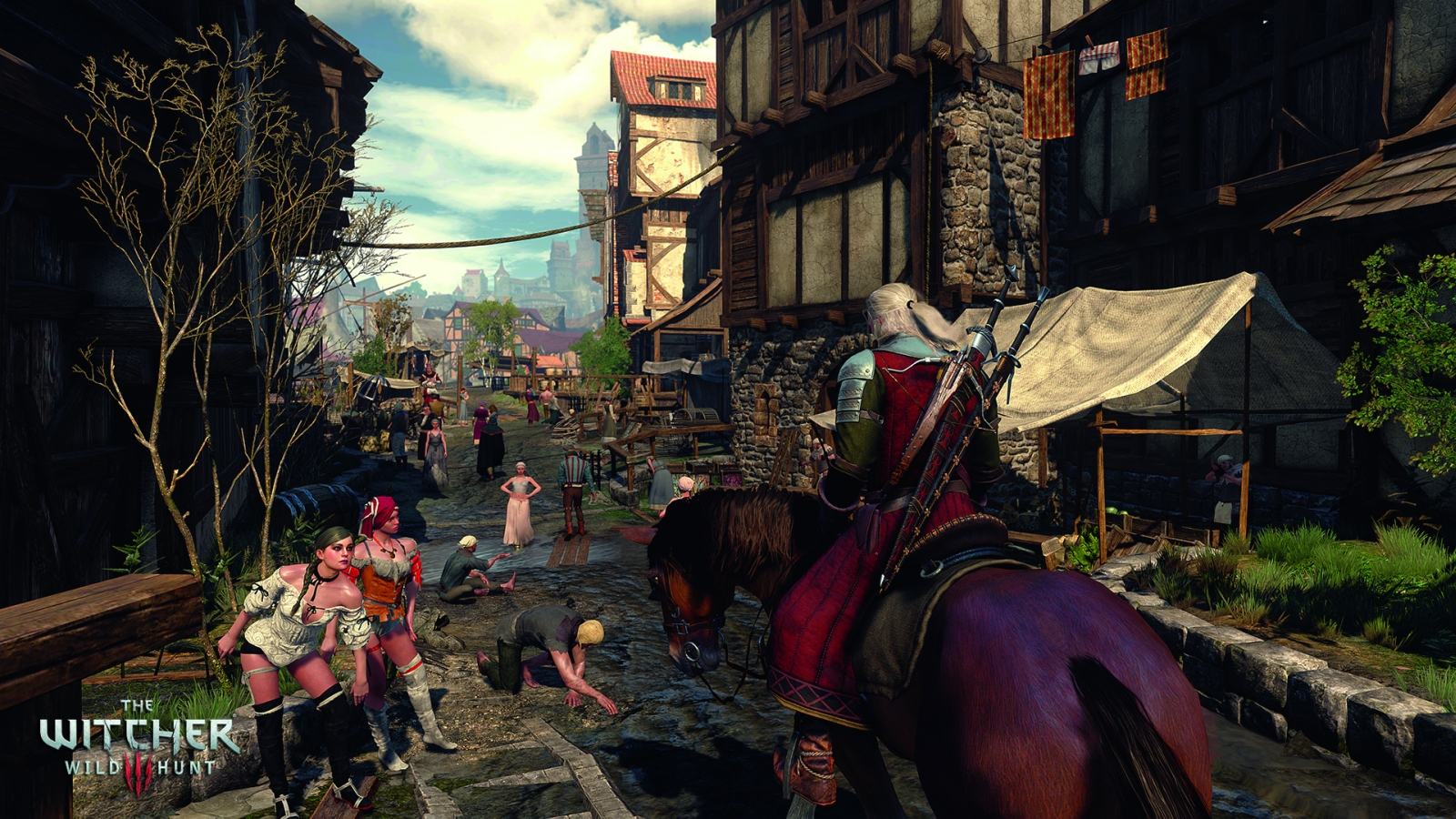
Speaking of action, and where the big budgets are allotted, the annual games still came out as they always will. The latest Call of Duty, (review) Assassin’s Creed and the barrage of sports games hit shelves and bestseller status as per usual.
Indies
Not everything hits bestseller status, but when an indie game makes it big then people tend to take notice. The violent and musically brilliant Hotline Miami 2 smashed its way onto Steam, Pillars of Eternity (review) came by way of the nostalgia-laced pockets of Kickstarter patrons and Her Story (review) appeared with its non-linear take on gaming narrative. The indies, especially since Kickstarter emerged, have been going from strength to strength.
Rocket League made its strong showing on digital store shelves and gained an immediate following on the PlayStation Network (it was free, after all). It was an instant hit, and a rather unexpected one seeing as the game is essentially soccer, which isn’t the most popular of games among so-called “hardcore gamers” and yet this multiplayer soccer car game has managed to gain one hell of a large audience that, according to SteamSpy (at time of writing) is still in the top ten most played games on Steam.
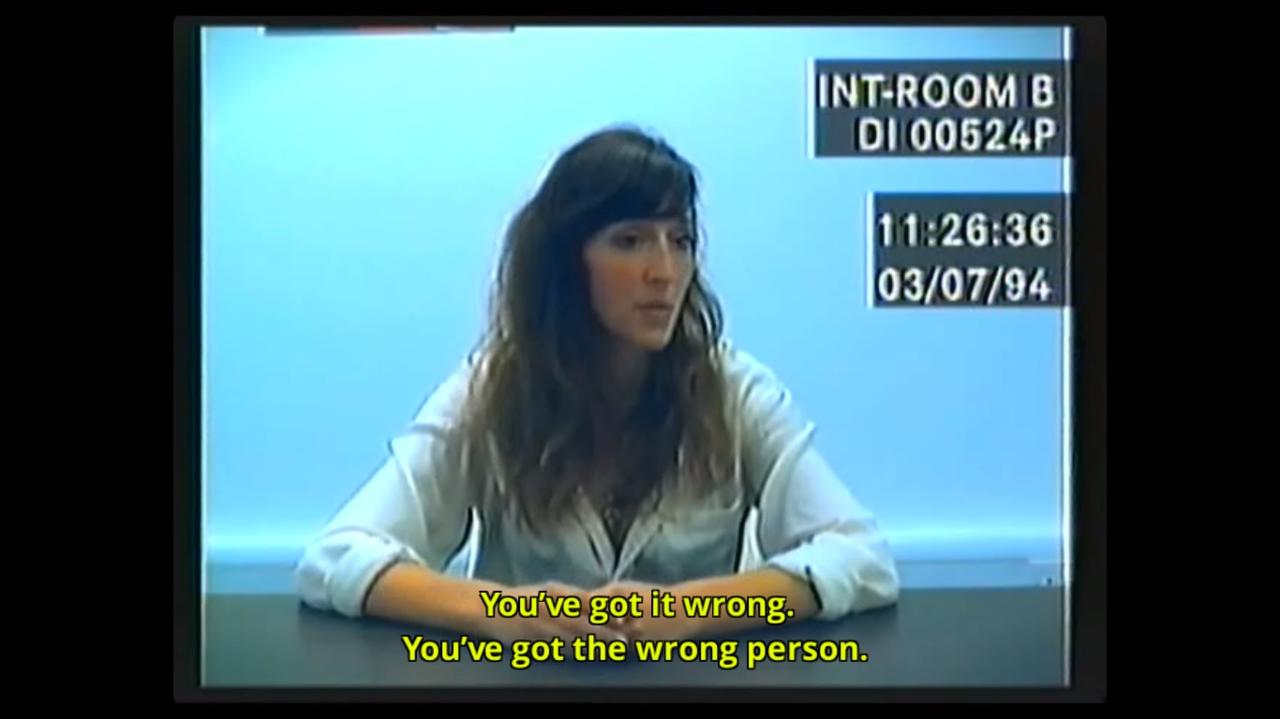
When talking about most played indie games, a discussion cannot continue without mentioning Undertale, which exploded in popularity because of its interesting narrative, old school stylings, fantastic music, memorable characters and replayability. Undertale has become a phenomenon that emerged on Steam with no real advertising, aside from the original Kickstarter campaign (that most people don’t even know existed in the first place), and yet it has achieved universal acclaim and stands as one of the most highly ranked games of all time.
Where one game is extremely acclaimed, another is called extremely pretentious, but Davey Wrenden’s second game The Beginner’s Guide (review) (his first game being The Stanley Parable) hits all the right marks with regards to interesting independent titles. Speaking too much about the game is to stray into spoiler territory immediately, and thanks to internet culture and its hatred of spoilers, I’d rather not spoil anything.
Episodic
To be frank, I couldn’t figure out where to stick this category so I stuck it at the end. It is worthy of note that 2015 was the year of episodic games. Telltale came out in full force, as they have been doing since their breakthrough hit The Walking Dead, but there were other contenders for the throne this time around.
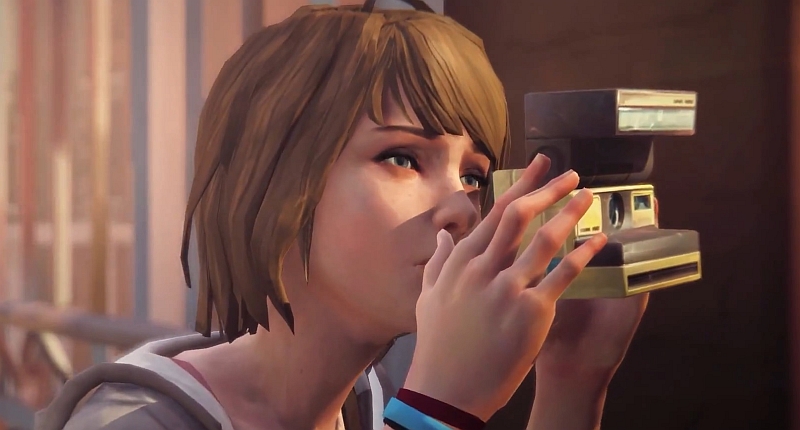
Telltale released episodic titles for Game of Thrones, Tales of the Borderlands and Minecraft: Story Mode; all of which have been well received, as per usual. But this time around, Capcom decided to have a go at releasing Resident Evil: Revelations 2 over the course of four episodes and Square Enix unleashed Life is Strange on the world.
Square Enix also made headlines when they announced that their remake of Final Fantasy VII would be released episodically (although they did not use the term “episodic” to describe it). Episodic games seem to be on the rise, and it doesn’t look like they’ll be slowing down any time soon.
Final thoughts
2015 was a year of great single player experiences and interesting indie developments. It will also be eternally remembered as the year Satoru Iwata died a tragic death and how Konami began showing signs of a fractured relationship with fans and the industry.
There is good and bad every year, and depending on what kind of gamer you are, this year was either great or just meh. To me personally? It was great, and here’s hoping 2016 will be even better.


